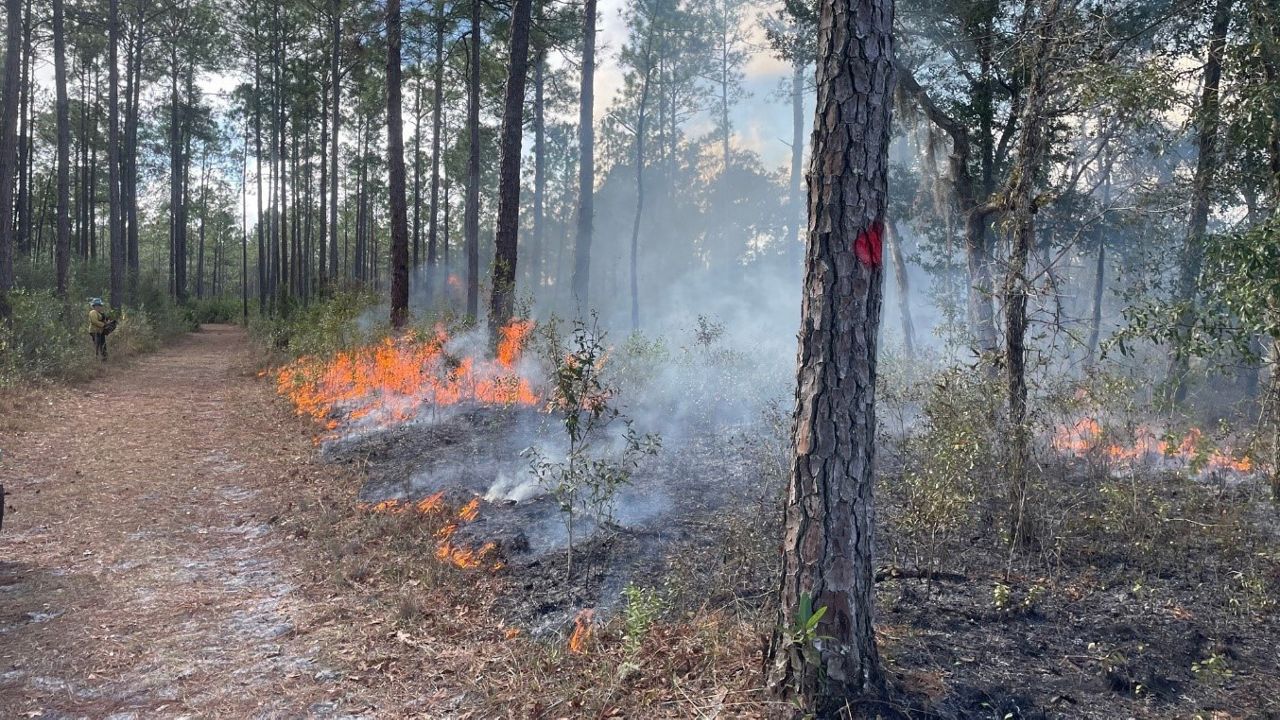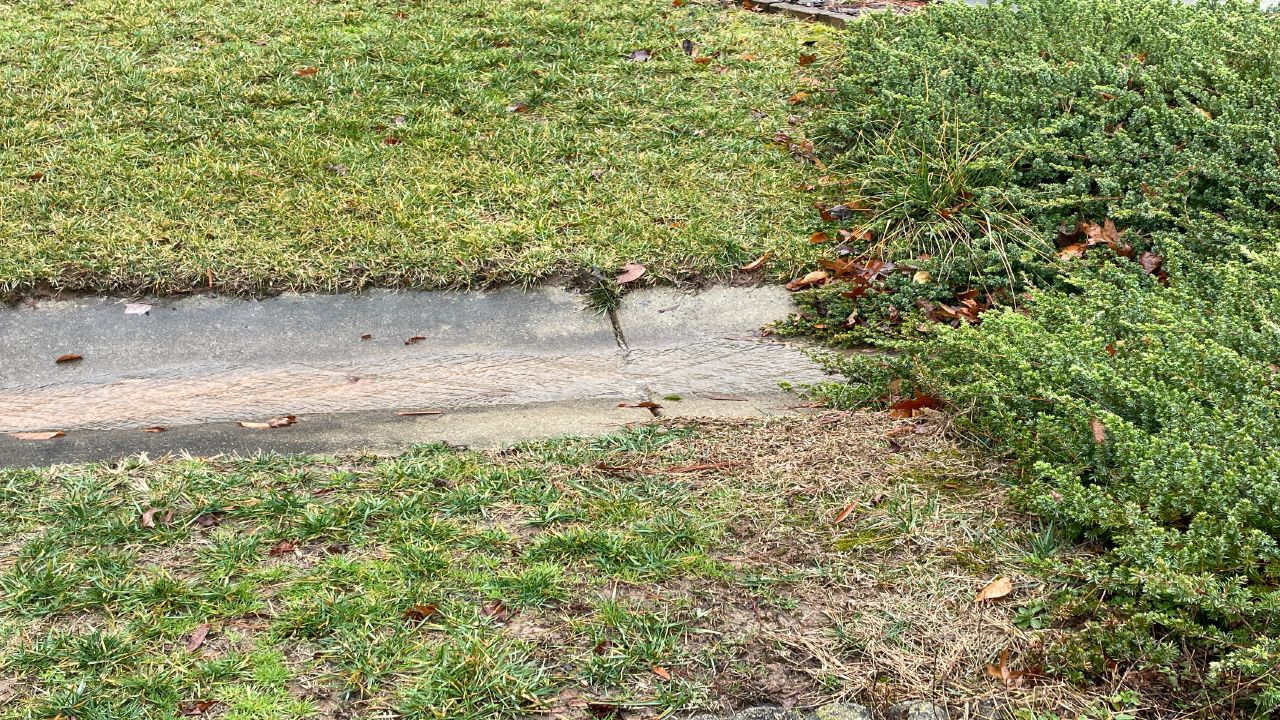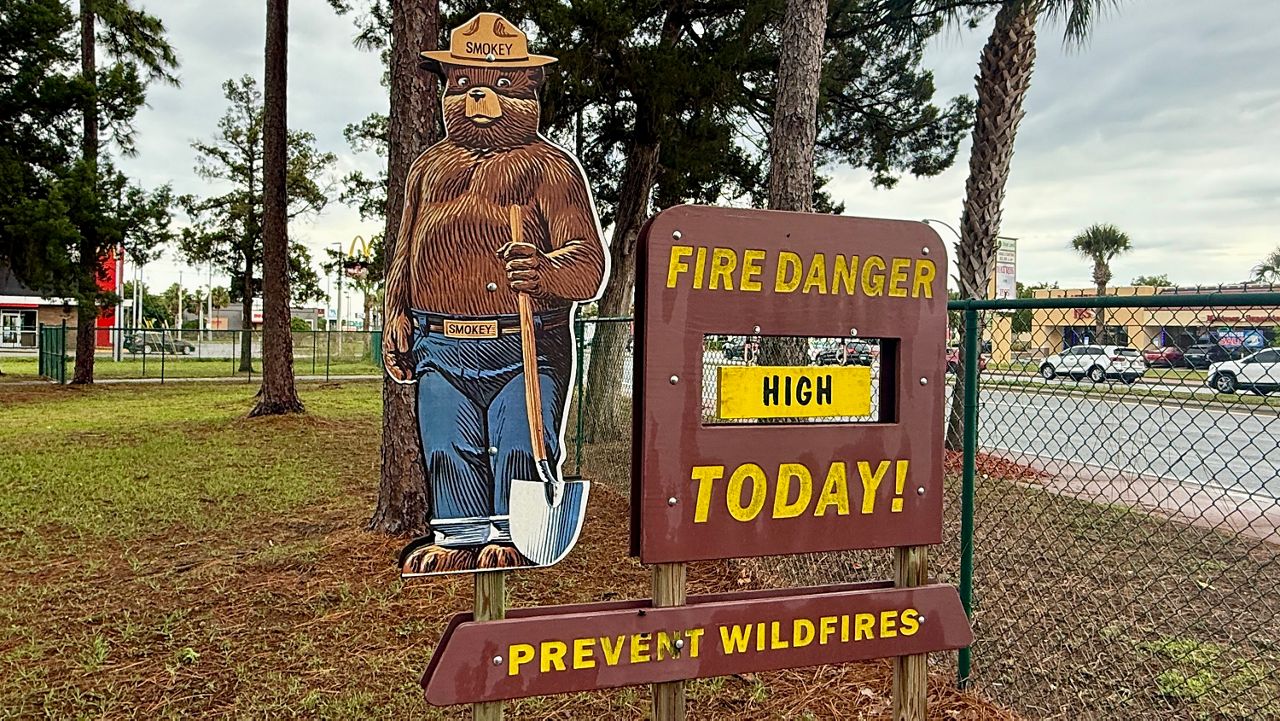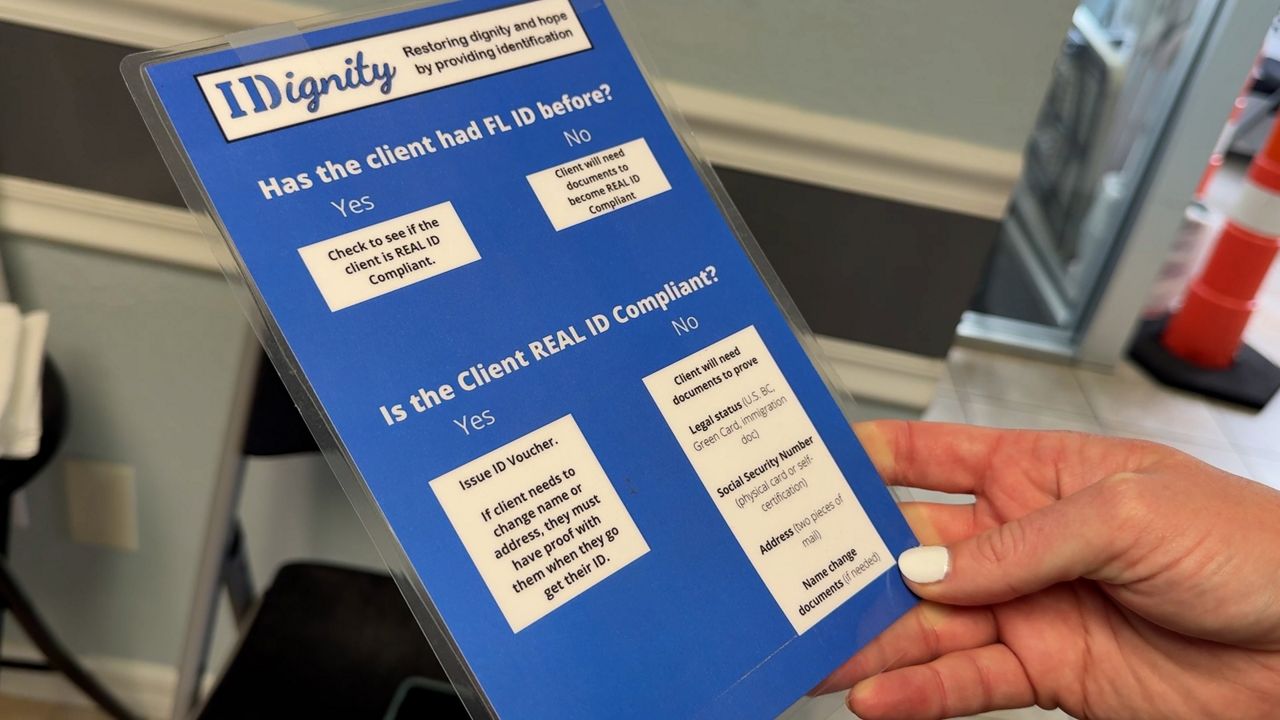SEMINOLE COUNTY, Fla. — The Riverwalk in Sanford is a place for everyone, but it is also a place for midges, a mosquito-like insect.
That is why officials have renewed a $126,000 to deal with the unwanted visitors.
“They’re very bizarre, you can’t predict them, it’s just nature," exclaimed Sanford Environmental Administrative Specialist Marie Duffy.
Midges are small insects that look just like mosquitoes but do not bite or carry any diseases.
The height of midge season is between May and September but if not treated early, swarms of these bugs can irritate tourists and residents.
“The tourist come, and they don’t know what they’re dealing with," explained Tony Mann. "I’m five generations from right here so I understand that it’s just a nuisance. But it’s a bad one.”
Although Mann is used to dealing with them, he says that some seasons are so bad that he doesn't even bother going to the Riverwalk.
“Well, at certain times when the wind blows a certain way, it is horrible. It can get in your mouth, your eyes, and it is just hard to take," Mann said. "And I live about a block away from the water and sometimes they come as far down as my house.”
That’s why Sanford has renewed its fifth $126,000 contract with Clark Environmental to stop the spread before it becomes a problem.
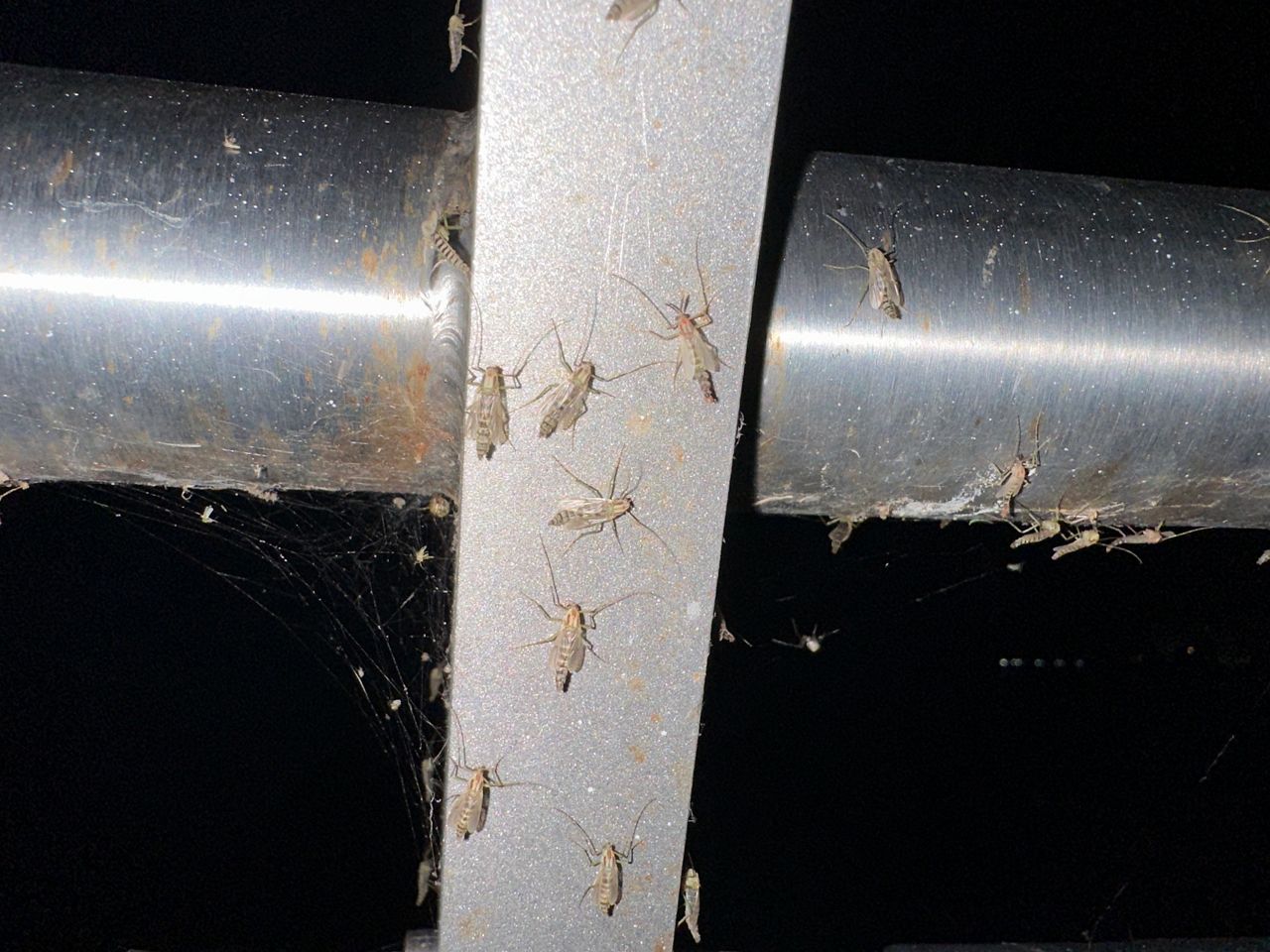
“We’re trying to do it before the midges come out and we have outbreaks. We’ve been really fortunate the last few years, so we’ve been lucky," Duffy shared. "But there have been times when we weren’t so lucky.”
Duffy says that crews go out on a boat and put a special larvicide in the water in zones where the midges breed in order to stop the growth.
"And what that does is that they drop the pellets and it’s time released for the chemical for the larvae of the midges," said Duffy. "And the purpose is that it hopefully kills most of the larvae if not all of it.”
It’s an effort that has gone a long way, and that Mann says is well worth the price tag.
“It has been better the last two or three years. And I have kind of noticed it," Mann explained. “But until you brought it to my attention, now I can say yeah something is helping.”
The city is responsible for treating Lake Monroe because Seminole County only receives state funding for mosquito treatment.
Duffy shares that the chemicals used for treatment have been approved by the state and are not harmful to the environment or any wildlife.
She also says that the crews are usually out toward the end of the month so residents may see crews on the water after May 15.








